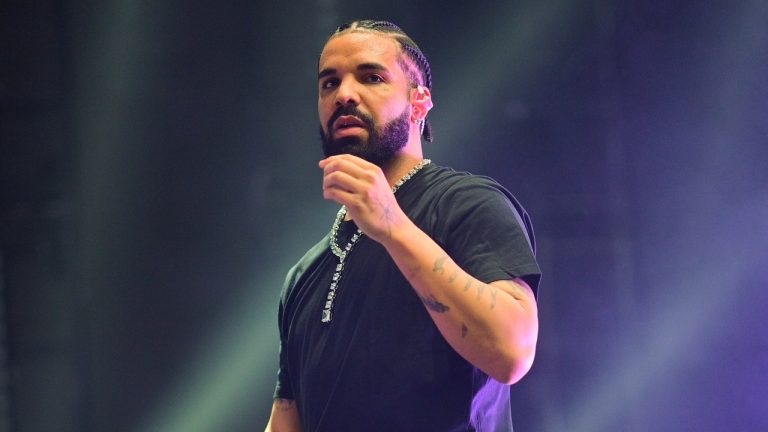Nevertheless, the lawyers also make clear that the complaint “is not about the artist who created ‘Not Like Us.’ It is, instead, entirely about UMG, the music company that decided to publish, promote, exploit, and monetize allegations that it understood were not only false, but dangerous.” They continue: “Drake is not a pedophile. Drake has never engaged in any acts that would require he be ‘placed on neighborhood watch.’ Drake has never engaged in sexual relations with a minor. Drake has never been charged with, or convicted of, any criminal acts whatsoever.”
In a statement responding to the lawsuit, a spokesperson for Universal Music Group said:
Not only are these claims untrue, but the notion that we would seek to harm the reputation of any artist—let alone Drake—is illogical. We have invested massively in his music and our employees around the world have worked tirelessly for many years to help him achieve historic commercial and personal financial success.
Throughout his career, Drake has intentionally and successfully used UMG to distribute his music and poetry to engage in conventionally outrageous back-and-forth “rap battles” to express his feelings about other artists. He now seeks to weaponize the legal process to silence an artist’s creative expression and to seek damages from UMG for distributing that artist’s music.
We have not and do not engage in defamation—against any individual. At the same time, we will vigorously defend this litigation to protect our people and our reputation, as well as any artist who might directly or indirectly become a frivolous litigation target for having done nothing more that write a song.
The lawsuit continues by alleging that Universal Music Group undertook a “successful” and “unrelenting campaign” to promote the song, its single artwork (“depicting Drake’s actual Toronto house”), and its music video “as widely as possible.” “UMG did so because it understood that the Recording’s inflammatory and shocking allegations were a gold mine,” Drake’s team contends.
UMG’s campaign, according to the lawsuit, involved helping secure Kendrick Lamar’s spot as the Super Bowl LVI halftime show performer and paying to promote the Grammy candidacy of “Not Like Us.” The song ultimate got five nominations for the 2025 Grammy Awards.
The lawsuit outlines traditional promotional tactics for a hit song, such as marketing and licensing, but also accuses UMG of conspiring with and paying “currently unknown parties to use ‘bots’ to artificially inflate the spread of the Recording on Spotify.” In addition, the lawyers allege that “UMG also offered financial incentives, including direct payments and reduced licensing rates, to various third parties to promote the Recording.”

